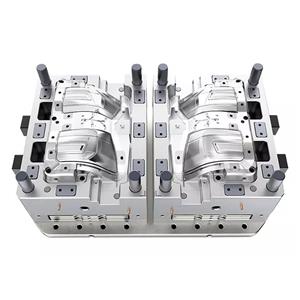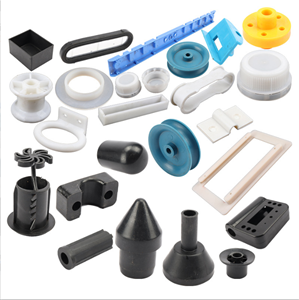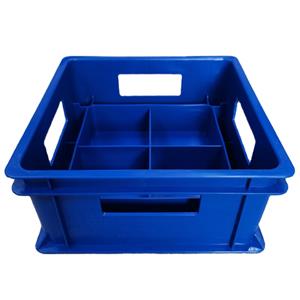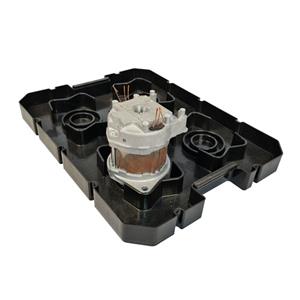Discover the Magic of Plastic Injection Molding
Plastic injection molding is a reliable way of mass-producing complex, high-precision parts quickly at scale. The process requires specialized tools and powerful machinery, but the results are worth it.
Have you ever wondered how your favorite products handheld video game controllers to car parts are made? It's all thanks to a manufacturing process known as plastic injection molding.
Plastic injection molding is a reliable way of mass-producing complex, high-precision parts quickly at scale. The process requires specialized tools and powerful machinery, but the results are worth it.
In this article, we'll show you the magic of plastic injection molding and explain the nuts and bolts of the process. We'll also examine why it is such a vital manufacturing technique used by many industries worldwide. Buckle up. Let's dive in!
What Is Plastic Injection Molding?
Did you know that many plastic products we use daily, from toys to computer parts, are made with plastic injection molding? For manufacturers, injection molding is an efficient and cost-effective way to mass-produce products in large quantities.
It works like this: molten plastic is injected into a single cavity mold think of it a cake pan that takes the product's shape. The hot plastic then cools and hardens until it can be removed from the mold. With some machines able to produce hundreds of parts per hour, it's no wonder why so many products are made using plastic injection molding!
Different Types of Plastics Used in Injection Molding
Plastic injection molding is a versatile and cost-effective process for creating various products—from medical and automotive parts to consumer products. It is unique because it uses different types of plastics, each with unique properties.
Polystyrene
Polystyrene (PS) creates rigid parts with good clarity and surface finish. It's also resistant to corrosive chemicals, cost-effective, and lightweight. You'll find this type of plastic in things like packaging or beverage cups.
Polypropylene
Polypropylene (PP) offers excellent chemical resistance, flexibility at low temperatures, low cost, and good formability. PP is in packaging containers, medicine bottles, caps, and closures.
Polyvinyl chloride
Polyvinyl chloride (PVC) has good chemical resistance and rigidity for the broadest applications, from medical devices to automotive parts or construction materials. It does have one downside: It tends to shrink during cooling after molding, so keeping its temperature under control is essential.
These are just three types of plastic used in injection molding other options offer unique benefits depending on the desired product design and production costs.
Tips for Designing Parts for Injection Molding
Have you ever heard of plastic injection molding? It's a process where molten liquid plastic is injected into a pre-shaped mold and cooled to create a part. Sinomould specializes in the production of high-quality injection moulds, die-casting moulds, rubber moulds, double-color moulds and other related moulds
So what are some tips for designing parts for injection molding? Here are some key things to keep in mind:
Choose a suitable material
When selecting the material for your product, consider variables like application requirements and cost.
Plan your wall thickness
The wall thickness of your part will dictate its mechanical properties like stiffness or strength. It also impacts the flow rate during the molding process, so it's essential to plan accordingly and ensure that you have an even wall thickness throughout the entire part.
Account for draft angles
Injection molded parts require draft angles because they must slide out of their molds quickly after processing. Generally speaking, a 0.5° draft angle is recommended on most surfaces that are perpendicular to the direction of the opening of the mold halves.




